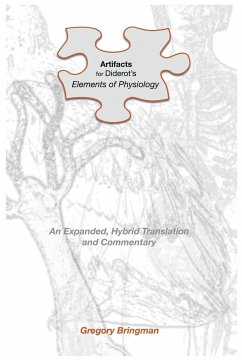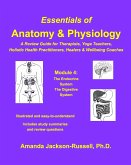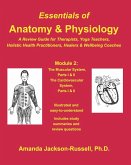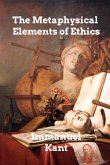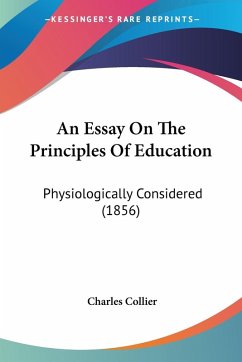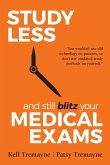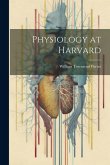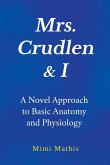Artifacts for Diderot's Elements of Physiology is a translation of Denis Diderot's rare 18th Century work, Éléments de physiologie, situating it in light of New Materialism and other current debates in continental philosophy. It takes one of many possible theoretical tours through this oeuvre of Diderot, as well as incorporates other supplementary artifacts, including translations of sections of the Latin of Albrecht von Haller on which Diderot's text is partially based. While the focus of the critical French editions has been on an inescapable determinism of Diderot (Mayer), a lay anthropology rooted in Diderot's atheist conclusion to Éléments (Quintili), and an extensive presentation of Diderot's sources (Terada), Artifacts emphasizes the importance of Part I of the work. In Beings, Diderot most convincingly stakes out a radical transformist philosophical position appropriate to many issues currently at the forefront of philosophical discourse, demonstrating once more the inexhaustible ways Diderot's work can be fruitfully applied after the age of Lumières.
Bitte wählen Sie Ihr Anliegen aus.
Rechnungen
Retourenschein anfordern
Bestellstatus
Storno

